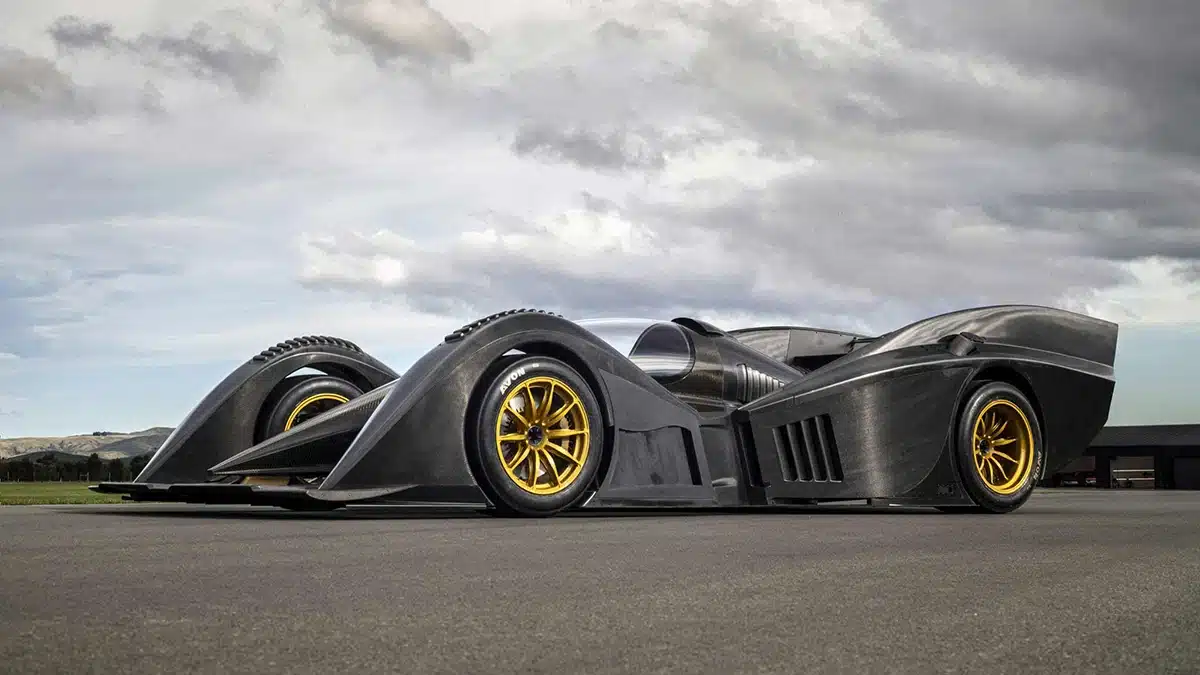Peugeot and Citroen, Hyundai and Kia, Audi and Skoda: what do all these brands have in common? Answer: they all have models in their ranges that share identical technology.
Soon, we’ll be able to add Toyota and Mazda to that list after the two Japanese giants formed an alliance to share electric vehicle (EV) technology.
The marriage makes all kinds of sense. Mazda has enjoyed a brilliant rebirth since reimagining the Mazda6 in 2012, with its KODO design language being introduced to every nameplate to create one of the sharpest-looking model ranges in the mainstream.
But they’ve yet to dabble in the electric vehicle market – jeepers, they don’t even have a hybrid – and that’s where Toyota, the brand that brought hybrid technology to the masses, comes in.
Toyota may have spearheaded hybrid vehicles with partly electrified versions of the Yaris, Auris, RAV4 and Prius, but they’ve yet to offer a fully electric vehicle yet.
After the UK and France announced that no new cars will be able to run on petrol or diesel from 2040, every major car manufacturer will be hastily investigating how they can make the transition to an all-electric future (or hydrogen future – don’t forget about the Mirai [below]).
A joint statement from Toyota and Mazda even acknowledges the snubbing of forecourt fuels saying that by “exchanging expertise freely and actively”, the companies can “respond quickly to regulations and market trends in each country”.
The deal
This fresh alliance will see the two carmakers work together to developed new technology and EVs.
Each firm will take a share in the other, worth 50 billion yen (£345 million). This means Toyota now owns a 5.05 per cent in Mazda, which owns 0.25 per cent of the obviously much larger Toyota.
Early stages of the deal will see Toyota supply Mazda with a “two-box” pick-up truck for the Japanese market, but inevitably, the two will have to come up with battery-powered versions of their current range – or whichever models comprise their product offering come 2040.
A new car factory will be built in the US, producing around 300,000 units and creating up to 4,000 jobs when it opens in 2021 following a total investment of $1.6 billion.
No location has been confirmed yet, but Mazda will build crossover models for the North American market, while Toyota plans to produce the Corolla for the same market.
Additionally, the two firms will work together to develop infotainment, connected car systems and advanced safety technology, in addition to their electric endeavours.
So, exciting times for two massive players in the Japanese automotive landscape. Who do you reckon will buddy up next? Could Ford and Volvo rekindle their relationship? Let us know your thoughts and expectations in the comments below.
For more articles like this, receive our weekly e-newsletter, including partner deals and all things motoring, register your email below.
Please note: You cannot subscribe to Smart-Motoring unless you put a tick in the checkbox below to indicate have read and agreed to our privacy policy.









